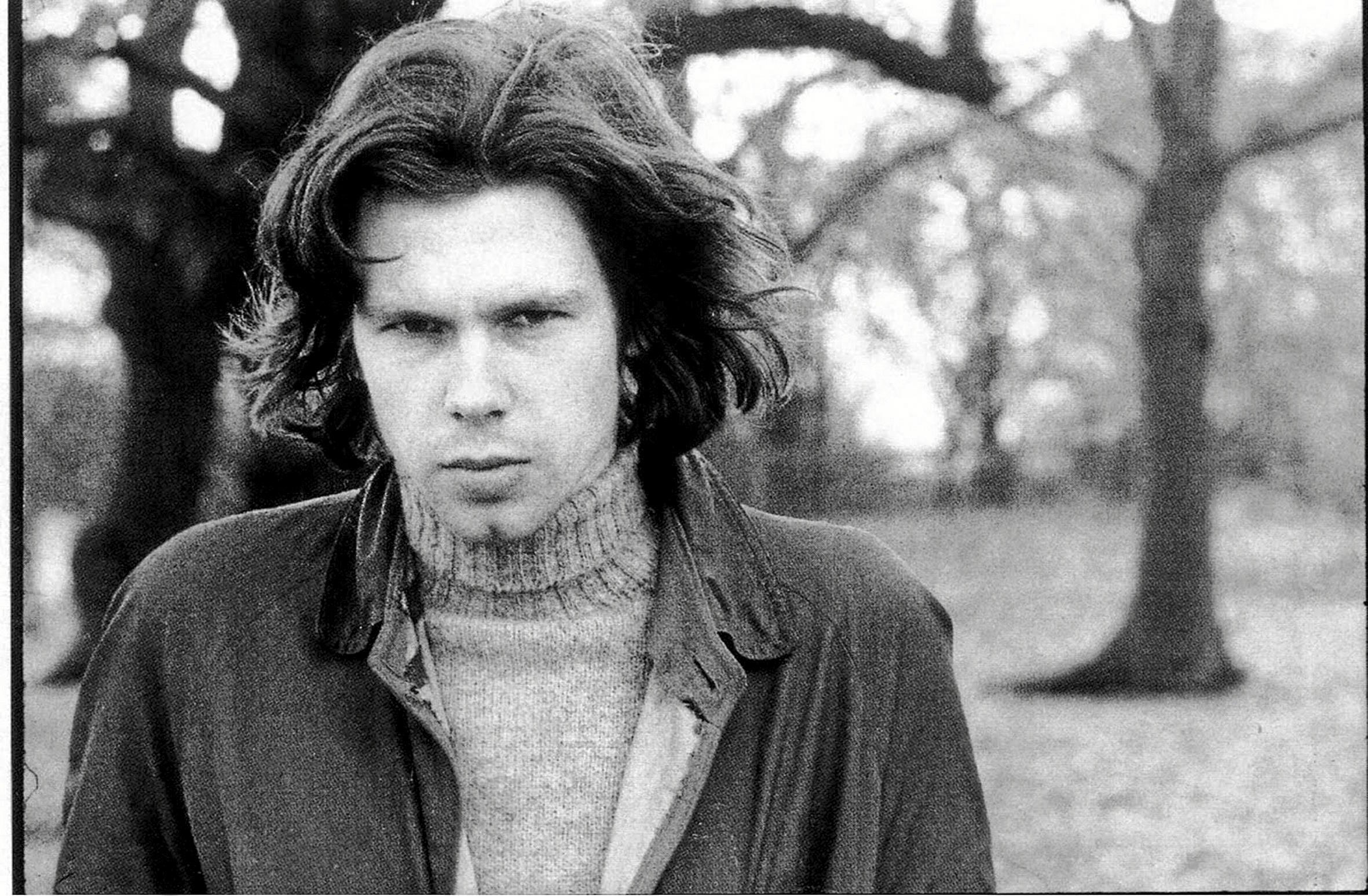Nick Drake lost his life to an antidepressant overdose at the age of 26. The news barely made waves in the British music scene, a similar indifference to the reception of the three albums he released during his lifetime: 'Five Leaves Left' (1969), 'Bryter Layter' (1971), and 'Pink Moon' (1972). "He died in despair, thinking that no one had been interested in anything he had tried to communicate."
The journalist and writer Richard Morton Jack sums up with this sentence the great paradox of Nick Drake (Rangoon, 1948 - Warwickshire, 1974), now considered one of the most influential musicians of the 20th century, whose influence continues in The Cure (Robert Smith named his band after one of Drake's songs) and their school, but also in Los Planetas, who in their early days did a cover of 'Northern Sky' titled 'Cielo del norte'. The tribute paid to him by the BBC Proms this July at the Royal Albert Hall confirmed the relevance of his legacy. And yes, Drake's fragile yet compelling voice in 'River Man' still resonates today as if this Monday did not mark 50 years since his premature death.
Morton Jack published last year 'Nick Drake: The Life' (John Murray), the definitive work on the life of this shy and hypersensitive giant. In our country, Miguel Ángel Oeste chose him as the hero of his novel 'Perro negro' (Tusquets), which was released in January.
The journalist argues that Drake would be immensely satisfied to know how wrong he was about the lack of interest in his music. "It's easy to forget that, despite the wonderful content of his albums, it was a very competitive market," emphasizes the biographer via video conference. "New things were constantly coming out. And Nick was a guy with a guitar, when you already had Bob Dylan, Leonard Cohen, Cat Stevens, Neil Young, James Taylor... So succeeding in that space was very challenging." To achieve success, attention to non-musical matters was necessary. "You had to be visible, perform concerts, appear on radio and TV, give interviews... In short: be in the game. But I don't think Nick was psychologically prepared to do anything other than write songs and record them. He wanted to achieve success based solely on the parts he found easy and enjoyable. It wasn't that he was arrogant, but it was quite a challenge for him to stand in front of an audience and expose himself in that way."
Morton Jack highlights another aspect that helps understand the asynchrony with the audience. "His albums require effort and some imagination from the listener. And in such a tumultuous and crowded world, where young people live hectic lives, Drake's music requires a bit more time than it was given at the time. It's easy to dismiss it after listening and say yes, it's okay, but it doesn't have the captivating power of Led Zeppelin or any other new and exciting thing that emerged at the time. Nick's curse was having to simmer slowly."
In his book, Morton Jack provides many details to "illuminate the moments and make Nick feel like a real person and not a supernatural entity." He also wanted to dispel some misconceptions, such as his alleged excessive fondness for cannabis ("an unfair reputation") or sadness as a recurring element in his life story. "People assume he was always depressed and that there was nothing more to him than his illness," the writer laments. "That's why it has been so rewarding to talk to so many people who knew him and who showed me the truth: that for most of his life, he was a happy guy, down-to-earth, who liked to socialize, had a great sense of humor, and was part of a cheerful group of friends. The tragedy is that "the illness robbed him of his energy and his ability to interact with people."
This condemnation has given rise to a very particular cult. "It's wonderful that people still think of him as if he were a possession, as if each of his followers were his discoverer," says the author of 'Nick Drake: The Life'. "Because he had so little commercial success during his life, it is thought that he is still hidden under a rock. Nevertheless, this spell continues by which he still seems like an unknown artist who becomes the private discovery of each individual."
However, the curse can be transformed into positive material in our decade, so marked by mental illness. "Many conversations about mental health start with him. And it can be a positive byproduct of his tragedy because it inspires people to think about what is happening inside them."
Interestingly, Spain was a place where Drake could escape from himself. "He loved Granada and spent long periods at the house that his record label owner, Chris Blackwell, had in Tarifa. He probably wrote a lot of 'Pink Moon' there. Definitely, it was a country where he found creative inspiration and, above all, peace."
